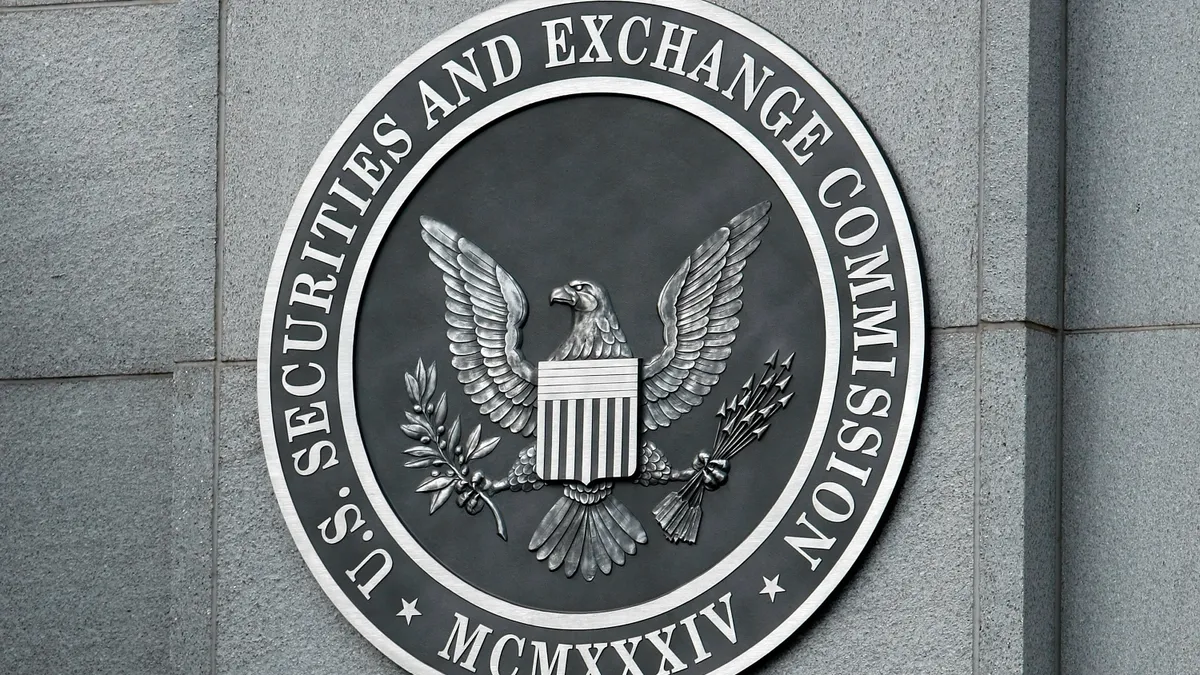Dive Brief:
- Audits by units of KPMG and PricewaterhouseCoopers in China showed “high rates of deficiencies,” the Public Company Accounting Oversight Board said following its first-ever inspection of audits focused on China-based companies listed on U.S. stock exchanges.
- The PCAOB identified weaknesses in all four audits it reviewed last year by KPMG Huazhen, which is headquartered in Beijing, and three of four audits performed by PwC in Hong Kong, the board said. The flaws encompassed controls testing, goodwill, revenue, journal entries and independence.
- “Any deficiencies are unacceptable,” PCAOB Chair Erica Williams said Wednesday in a statement. “Now we can begin the work of holding firms accountable to fix them.”
Dive Insight:
The PCAOB findings are the culmination of a successful multi-year effort by the U.S. to overcome obstacles posed by regulators in Beijing, including national-security concerns, and review the audits of China-based companies.
Under a U.S. law enacted in 2020, more than 200 companies headquartered in China faced the prospect of delisting from U.S. stock exchanges if the PCAOB was barred from reviewing their audits for three straight years.
The PCAOB, which supervises the accounting firms that audit public companies, did not identify the eight China-based businesses involved in its audit reviews, only saying that they are large state-owned enterprises and companies in “sensitive industries.”
PwC in Hong Kong and KPMG Huazhen last year audited 40% of the total market share of U.S.-listed companies with headquarters in China that are audited by Hong Kong and mainland China firms, Williams said. Based on the PCAOB’s current inspection plans, “we are on track to hit 99% of the total market share by the end of this year,” she said.
“It is not unexpected to find such high rates of deficiencies in jurisdictions that are being inspected for the first time,” Williams said. The flaws identified “are consistent with the types and number of findings that the PCAOB has encountered in other first-time inspections around the world.”
PwC said in a statement that it fully cooperated with PCAOB during the inspection and is working with the regulator to resolve its concerns. “Although a number of issues are raised by the PCAOB, the report also states that with respect to the audits inspected, none were found to have an incorrect opinion on financial statements.”
KPMG Huazhen did not respond to a request for comment.
In a March 20 letter to the PCAOB, a senior partner at KPMG Huazhen said the firm had “taken appropriate actions to address the engagement-specific findings in a manner consistent with PCAOB auditing standards and KPMG policies and procedures.”
The Securities and Exchange Commission oversees the PCAOB, which was created after the Enron accounting scandal under the Sarbanes-Oxley Act of 2002.













